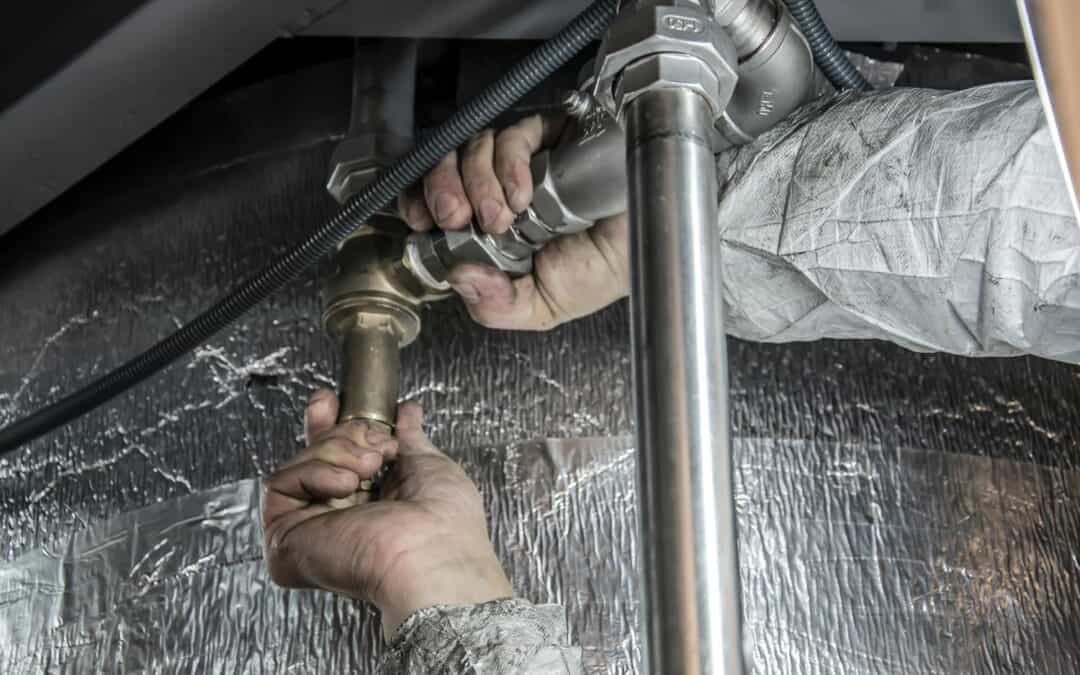As the winter chill sets in, homeowners must prepare their homes for the challenges that the cold weather brings, and one crucial aspect to focus on is plumbing. Frozen pipes and other winter-related plumbing issues can be a homeowner’s nightmare, leading to costly repairs and inconvenience. To help you navigate the winter months with confidence, we’ve gathered essential tips from expert plumbers on how to winterproof your plumbing.
Insulate Exposed Pipes:
One of the primary concerns during winter is the potential for pipes to freeze. To prevent this, it’s crucial to insulate exposed pipes in areas such as basements, crawl spaces, and attics. Pipe insulation sleeves or heat tape can be effective in protecting pipes from the freezing temperatures.
Seal Leaks and Cracks:
Inspect your home for any leaks or cracks, as these can let in cold air and cause pipes to freeze. Seal gaps around windows and doors, and use caulk to fill any cracks in the walls. This not only helps in keeping your home warmer but also contributes to maintaining a consistent temperature for your plumbing system.
Disconnect and Drain Outdoor Faucets:
Outdoor faucets and hoses are especially susceptible to freezing temperatures. Disconnect and drain outdoor hoses, and shut off the water supply to exterior faucets. Consider installing freeze-proof outdoor faucets to minimize the risk of freezing and bursting pipes.
Keep a Slow Drip:
On extremely cold nights, allow faucets connected to exposed pipes to drip slowly. This constant flow of water can help prevent freezing by relieving pressure in the pipes. While it may slightly increase your water bill, it’s a small price to pay compared to the potential costs of repairing burst pipes. Consider using an automated faucet dripping solution to make your life easier.
Maintain a Consistent Indoor Temperature:
Keeping your home at a consistent temperature is crucial during winter. Set your thermostat to a moderate temperature, even when you’re away. This helps in preventing sudden drops in temperature that can lead to frozen pipes. Additionally, open cabinet doors in the kitchen and bathrooms to allow warm air to circulate around pipes.
Service Your Water Heater:
Cold weather can put extra strain on your water heater. Ensure that your water heater is in good working condition by scheduling a professional service. This includes flushing the tank to remove sediment buildup, checking for leaks, and verifying that the thermostat is set to an appropriate temperature.
Know the Location of Your Main Water Shut-Off Valve:
In case of an emergency, such as a burst pipe, it’s essential to know the location of your main water shut-off valve. Being able to quickly turn off the water supply can prevent extensive damage to your home.
Conclusion:
Winterproofing your plumbing is a proactive step that can save you from the headaches and expenses associated with frozen pipes and other cold-weather plumbing issues. By following these tips from expert plumbers, you can ensure that your plumbing system remains functional and resilient throughout the winter months. Taking these precautions will not only protect your home but also provide you with peace of mind during the coldest season of the year.

Recent Comments